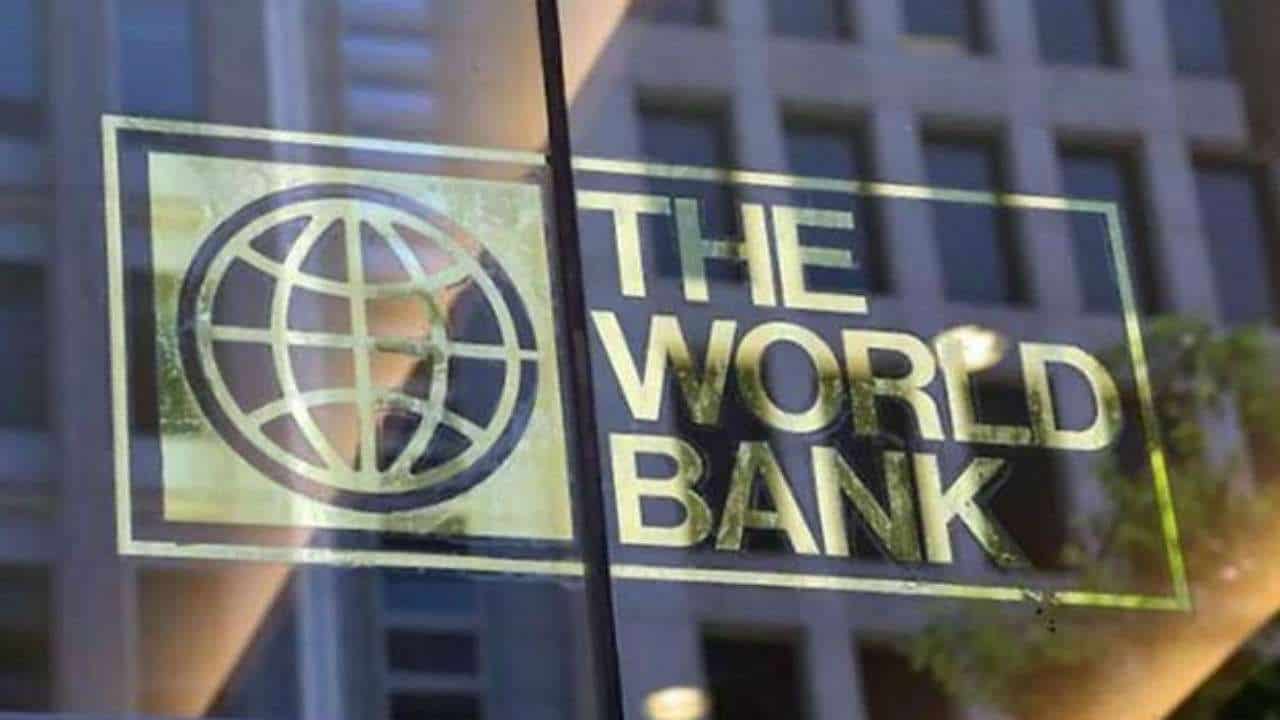Washington, United States — Central bank reserve management remained resilient during a historically volatile year, according to the fourth edition of the World Bank Reserve Management Survey Report.
Central banks identified ESG, volatility and risk, and inflation as their main challenges in 2022, the report said.
Central banks are becoming increasingly aware of climate change’s effects on financial stability, supervision, monetary policy, and public asset management, with ESG practices gaining traction in reserve management. More than one-third of respondents integrated ESG aspects into their investment policy or framework.
Central banks were confronted with a particularly challenging environment in 2022, with many of them, especially in developing countries, seeing decreases in reserves.
World reserves shrank by 10 percent last year. In response, reserve managers maintained their conservative investment approaches, focusing on high-quality, fixed-income assets denominated in US dollars and euros.
Central banks also faced challenges with technological advancements and systems updates, as well as hiring shortages and staffing turnovers. Additionally, improvements to risk management could help institutions prepare better for a future economic shock.
The Reserve Management Survey Report is the world’s leading report on reserve management practices. In the fourth edition, 125 central banks responded, the largest participation to date and reaffirming the World Bank’s status as the trusted partner for public asset managers.
Published biennially by the World Bank, the report provides comprehensive insights into central banks’ reserve management practices and identifies trends over time. With over $220 billion of assets under management, the World Bank is the largest asset manager in the development community.
“The record participation by 125 central banks in the reserve management survey is a testament to the power of the Reserve Advisory and Management Partnership’s (RAMP) global network,” said Jorge Familiar, Vice President Treasurer of the World Bank.
“RAMP is the largest partnership dedicated to advancing reserve management. The report’s findings will help guide the planning of RAMP’s advisory services and training resources to maximize impact for its members.”
“We remain committed to supporting our member countries, including through policy advise on economic policies that promote stability,” said Pablo Saavedra, Vice President of Equitable Growth, Finance, and Institutions. “Effective management of foreign exchange reserves is essential for safeguarding a nation’s wealth and promoting sustainable economic growth.”

